Policy Paper on State Hiring Practices and Illinois' Corrections: A Complex Problem in Need of Straightforward Solutions
Currently Illinois’ state hiring process involves multiple rules, procedural steps, and levels of review. Some of these procedures were put into place decades ago out of necessity in response to federal litigation to address a longstanding history of unconstitutional hiring practices which conditioned state employment on an applicant’s political affiliation in violation of the First Amendment. By most accounts, the hiring rules that grew out of this litigation (commonly referred to as the Rutan rules), and changes to Illinois’ Personnel Code and Rules have been helpful in diminishing improper political influence in the correctional hiring context with regard to Union positions. However, recognizing intrinsic problems and serious inefficiencies in the existing state hiring process, on July 16, 2015, Governor Rauner issued Executive Order 15-16, giving GOMB, in consultation with CMS, the authority to “replace, modify or terminate” the current state hiring system. JHA learned that as of October 2015, however, staff and administrators in IDJJ and IDOC facilities reported that state hiring processes remained unchanged, continuing the chronic understaffing that has plagued both agencies for many years and decreasing Departmental efficiency and effectiveness.
The understaffing of key positions in the Illinois Department of Juvenile Justice (IDJJ) and the Illinois Department of Corrections (IDOC) is a serious, longstanding problem. The failure to adequately staff facilities and to promptly fill vacancies undermines institutional and public safety, prevents inmates from receiving essential services, exponentially increases State spending through overtime, and embroils Illinois in costly litigation, which will not be resolved without correcting staffing levels. JHA herein sets forth some of the challenges in the process and recommendations for short and longer-term reforms. the longstanding inefficiency and dysfunction in State hiring practices is a major contributor to IDJJ’s and IDOC’s persistent staffing crises.
An ongoing barrier to reform is that the procedures and rules that govern correctional hiring (and state hiring in general) can be so complex and impenetrable that they elude meaningful examination and public scrutiny. JHA attempts to address this issue in the instant paper by examining some of the more important and accessible rules, procedures, as well as obstacles involved in correctional hiring, and we conclude with recommendations for improving the correctional hiring process, based on input from IDJJ and IDOC staff and administrators, best practices in human resources, and reforms undertaken in other jurisdictions.
